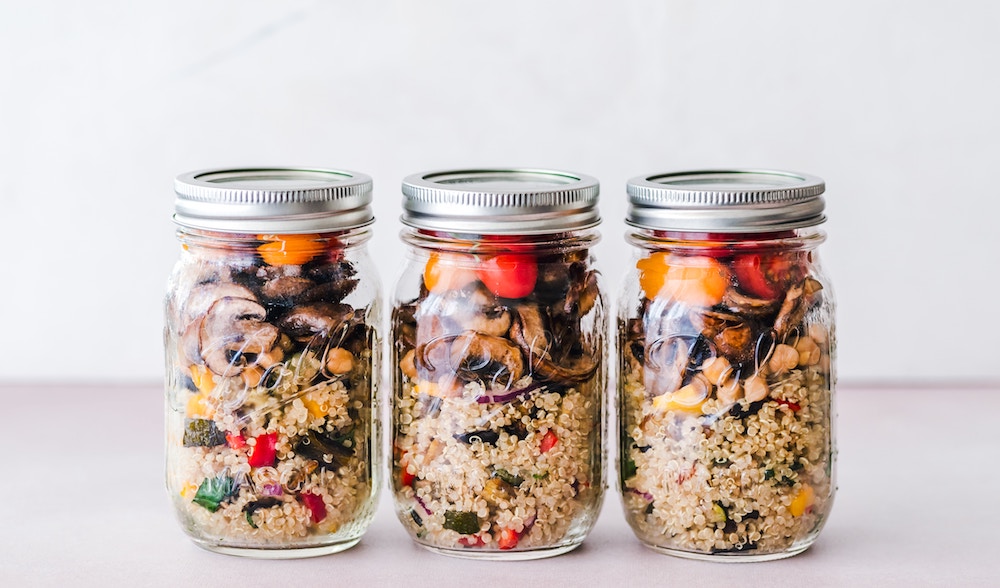View this post on Instagram
If you’re looking to minimize your impact on the environment, the kitchen is a great place to start.
These five steps will help you reduce waste and practice sustainability in your kitchen.
Step 1: Eliminate Plastic Grocery Bags
Every year, people consume 500 million plastic bags across the globe. What’s even more frustrating is we only recycle nine percent of these bags. Bringing reusable bags to the store is a quick and easy way to cut down on your plastic consumption.
If you don’t already have a set of reusable bags in your kitchen, cotton grocery bags are a worthwhile investment. Unlike the flimsy plastic bags you find at the store, reusable tote bags are made from 100-percent organic cotton material that you can use over and over again.
Step 2: Cut Down On Plastic Produce Bags
Plastic produce bags are another source of waste you should remove from your kitchen. Like grocery bags, they also contribute to our overconsumption of plastic.
Reusable produce bags are an eco-friendly alternative to the plastic bags you find in the produce section. They’re strong, sturdy, and perfect for your next trip to the grocer or farmers market!
Step 3: Buy In Bulk
Bulk shopping can help reduce plastic in your kitchen and save you a bundle at the grocery store. Non-perishable foods such as rice, flour, and cereal often come in single-use containers. Thankfully, many supermarkets have bulk bins where you can buy these items without the packaging.
Hopefully you’ve followed step two and bought some reusable produce bags! You can use these to hold your bulk purchases. You can also make your own DIY bulk bags from scratch! I’d also recommend getting some glass jars for your kitchen. They’re a convenient way to store your bulk items once you bring them back from the supermarket.
Step 4: Stop Buying Plastic Water Bottles
Did you know that on average, people in the United States consume 1,500 plastic water bottles per second? Plastic water bottles are not only damaging to the environment, but bisphenol A, a compound found in plastic bottles, may be bad for your health.
There’s no reason to bring plastic water bottles in your kitchen. If you haven’t already, pick up a reusable water bottle or a thermos to enjoy your beverages on the go.
Step 5: Try Cloth Kitchen Towels Instead Of Paper Towels
Using paper kitchen towels has many nasty effects on the environment. They contribute to problems like deforestation, and their mass manufacturing leads to increased carbon emissions. Instead of paper towels, switch to cloth kitchen towels. If you really want to go green, you can cut up old clothes and bedsheets to use as DIY kitchen rags.
Committing to a greener life doesn’t have to be difficult. Renew your commitment to the environment by taking these easy steps toward an eco-friendly kitchen.












Read 0 comments and reply